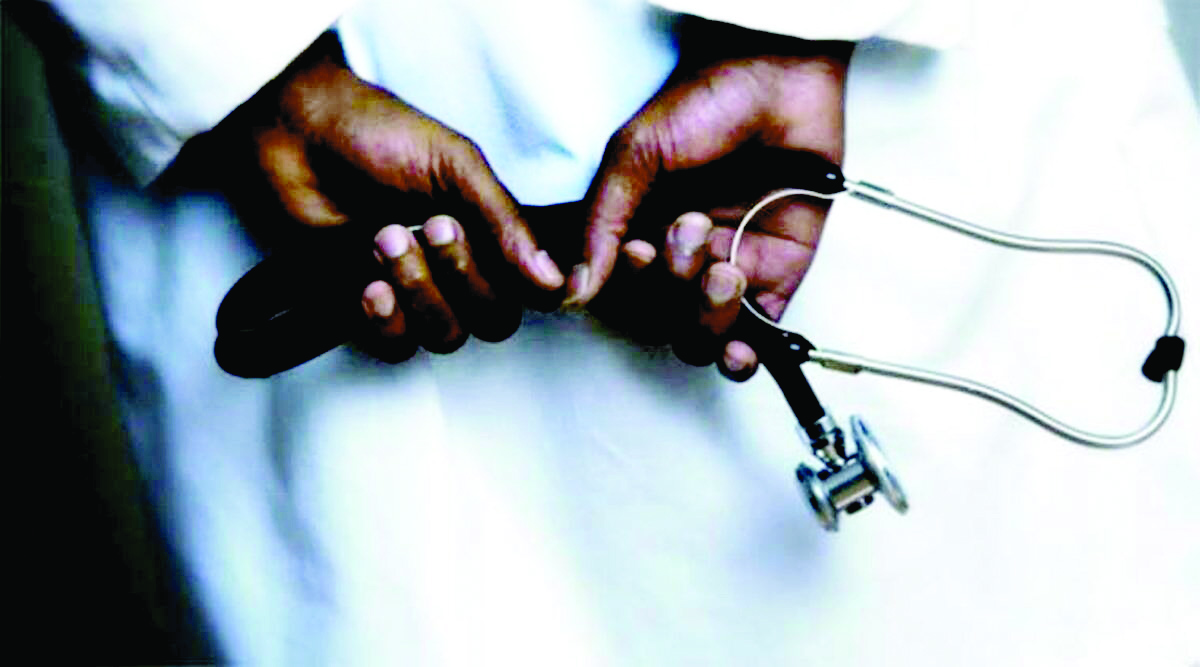Drug administration campaign against lymphatic filariasis to start from Feb 10

kolkata: A Mass Drug Administration Campaign (MDAC) to eradicate lymphatic filariasis will be conducted in selected blocks across five districts and two health districts from February 10 to 18.
The Director of Medical Education has already written to the principals of the Murshidabad Medical College, Purulia Medical College, Bankura Sammilani Medical College, Burdwan Medical College and Rampurhat Medical College to ensure proper monitoring and supervision of the campaign.
These medical colleges have already been tagged by the Health department with the MDAC. Under the campaign, anti-filarial medicines are distributed in the affected areas. The officials from the medical colleges will not only participate in the campaign but also evaluate it. State observers for MDAC will visit the blocks that are hosting the campaign and assessment will be done by the faculties of the Community Medicine department of the medical colleges. It may be noted that the MDAC is conducted from time to time.
State observers will share observations with concerned blocks and districts for corrective action. Recording of observation in specified formats and sensitisation of faculties will be done virtually. Other aspects of the strategy include early diagnosis and treatment, engagement of medical colleges for strengthening morbidity management and disability services, integrated vector control with multi-sectoral coordinated efforts, inter-sectoral convergence with allied departments and ministries, leveraging existing digital platforms for lymphatic filariasis and exploring alternative diagnostics.
As per the Health Ministry report, Uttar Pradesh, Odisha, Telangana, and Bihar account for about 60 per cent of Lymphedema cases in India. The Centre has already announced that they are committed to eliminating Lymphatic Filariasis by 2027, three years ahead of the global target, through the five-pronged roadmap.
Lymphatic Filariasis is a tropical, parasitic disease that affects the lymph nodes and lymph vessels. It is spread by infected mosquitoes.
Their bites deposit a parasite that travels to the lymph system. Most of these cases are symptomless. Long-term damage to the lymph system causes swelling in the legs, arms and genitalia. It also increases the risk of frequent bacterial infections that harden and thicken the skin (elephantiasis).



